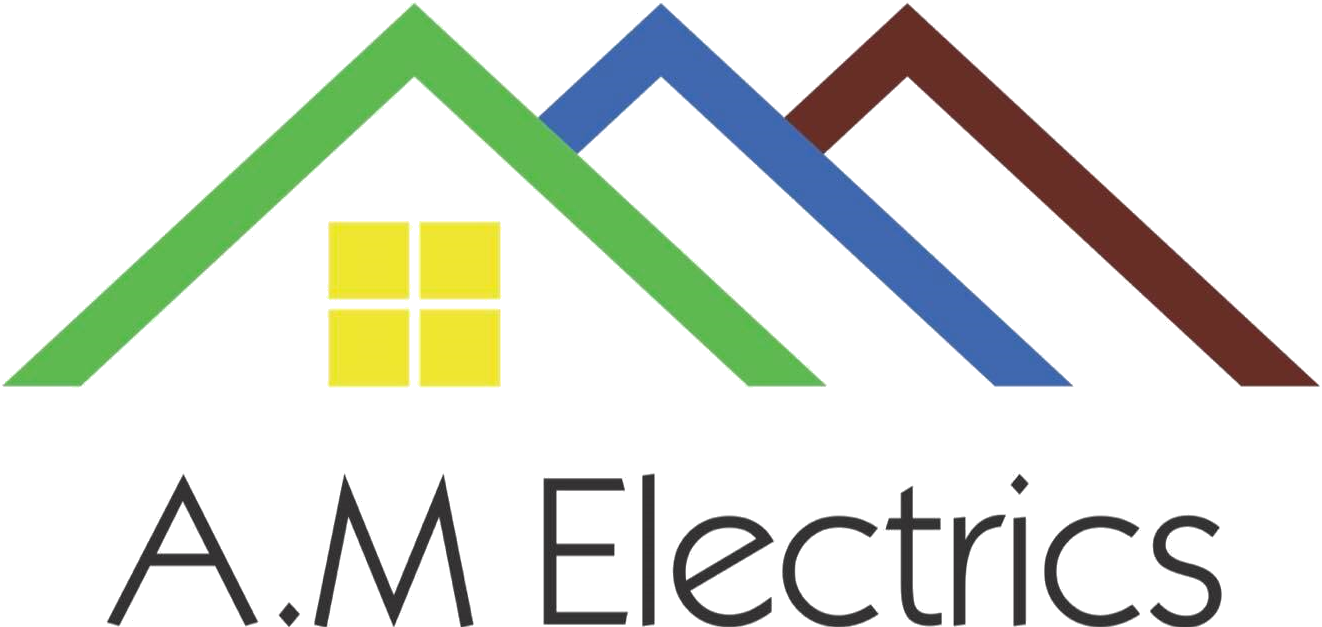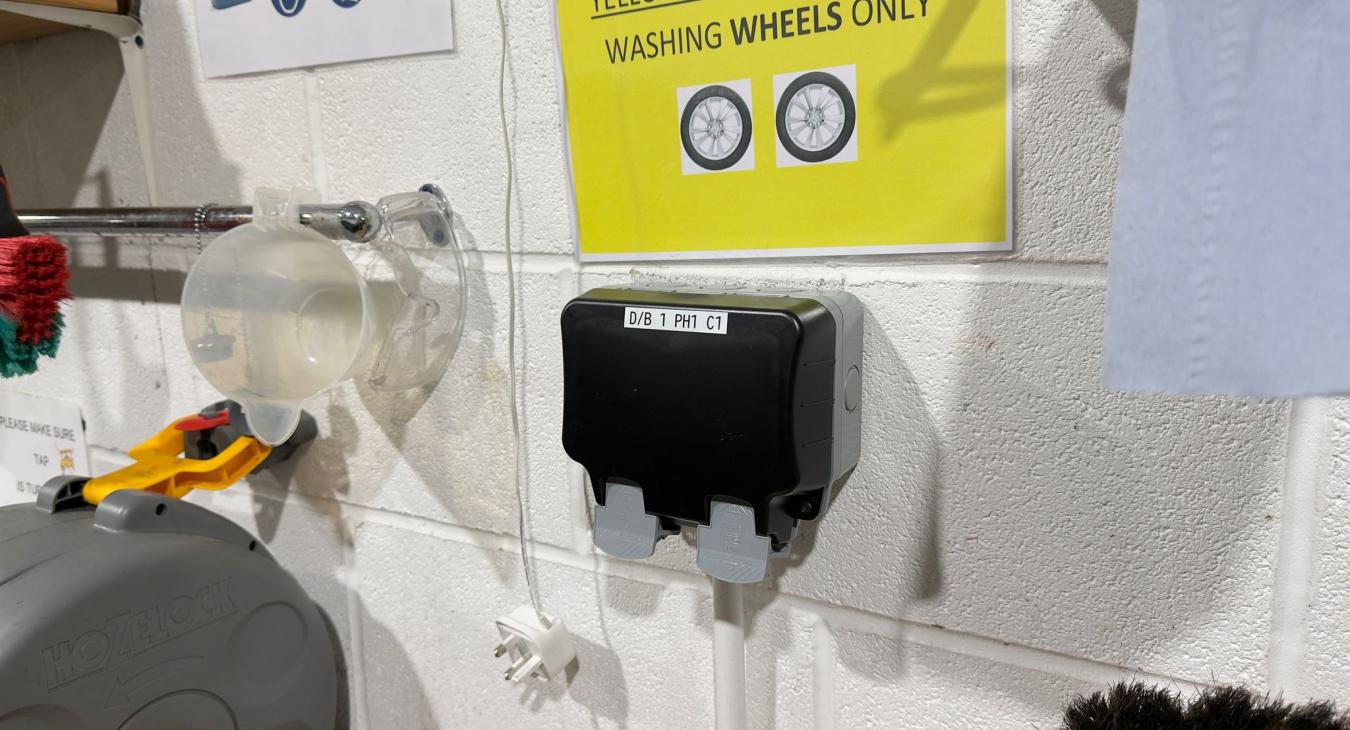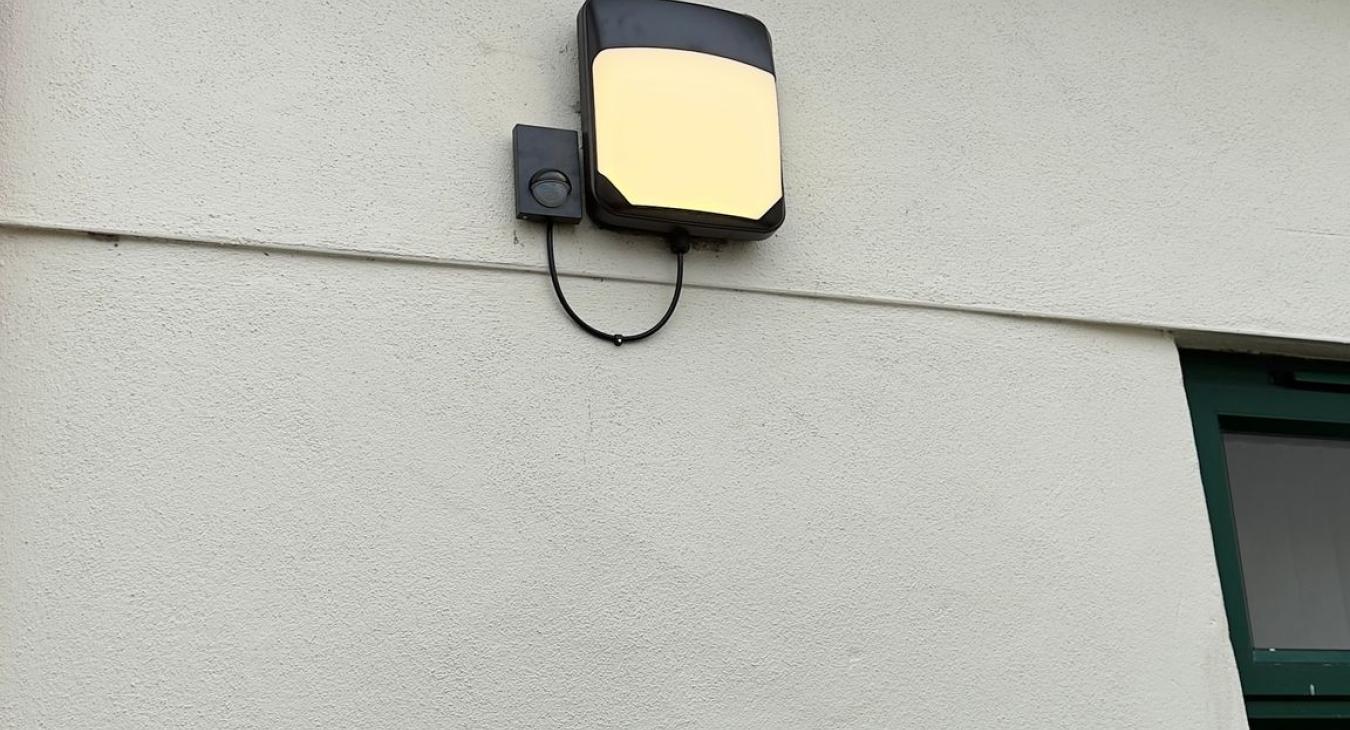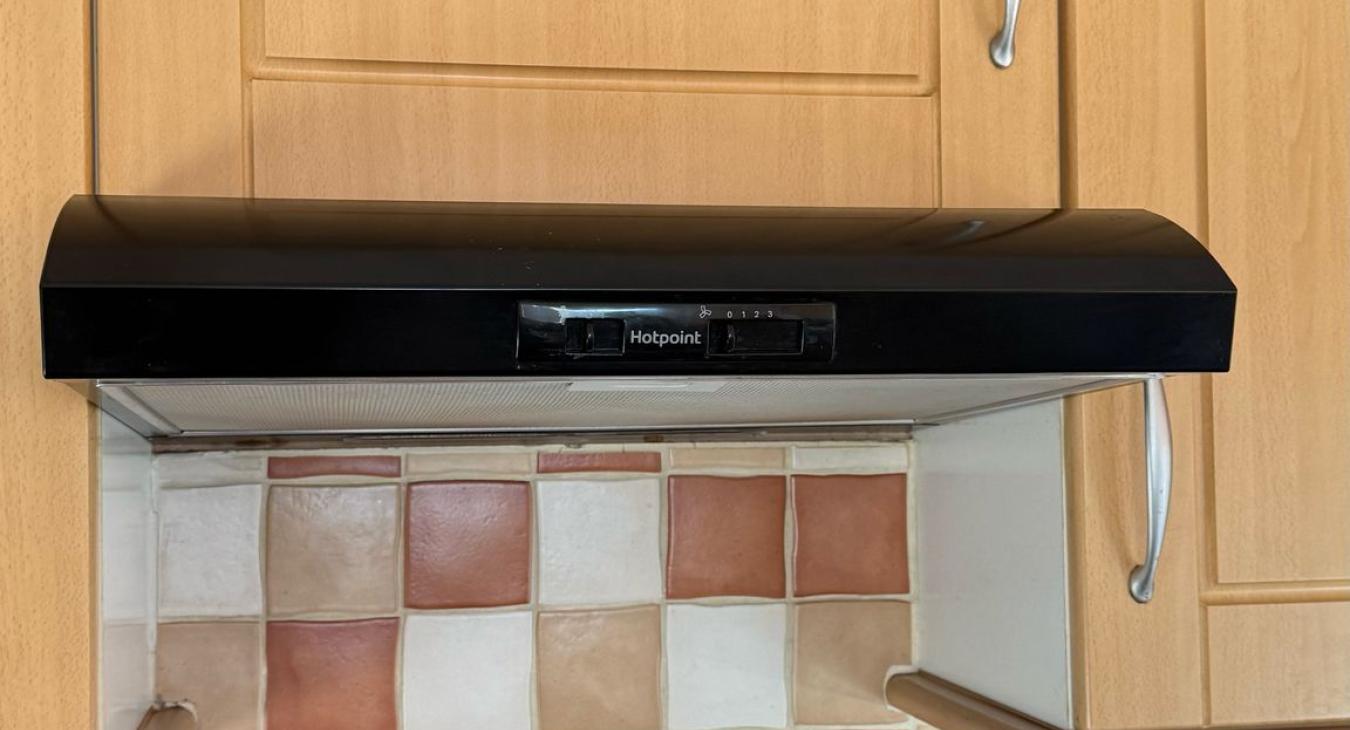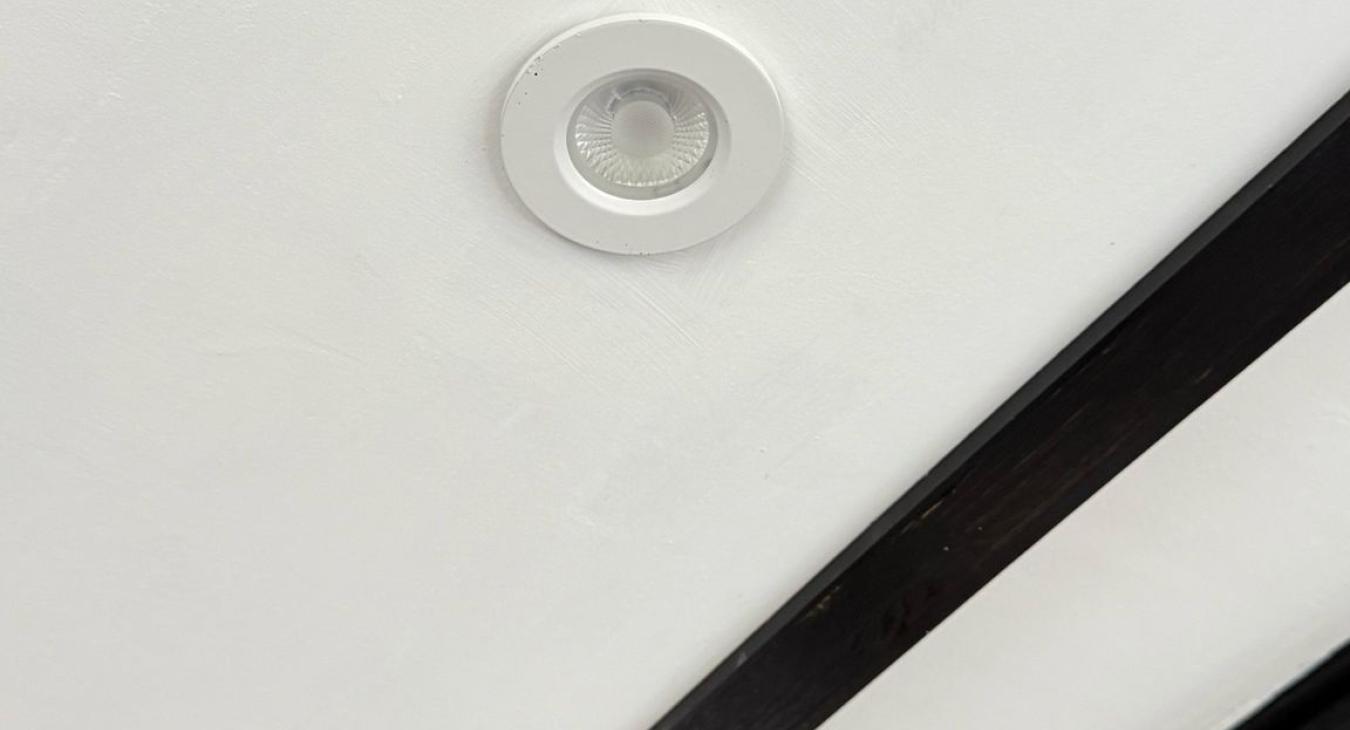Very Impressed with the professional service. Explained clearly the process and any problems encountered.
Overloading sockets is something that most people have done at least once in their lives.
When we plug in extension leads it is normal to simply think that if there are 4 sockets, it means that you can plug four appliances in. However, this can lead to bigger problems than just messy cables. If you’re not careful, it could lead to overheating and even fires.
Firefighters from Exeter were called to a property in East Devon on Sunday evening (February 20) after an electrical box caught fire. Crews from Middlemoor and Danes Castle fire stations were called to Brampford Speke shortly before 8.30pm after receiving a report an external electrical box was on fire.
Firefighters used a dry powder to tackle the flames and a fan to clear away smoke. A Devon and Somerset Fire and Rescue Service spokesperson said: “Three fire engines were mobilised following a call reporting that an electrical box outside a property was on fire.
“Upon arrival crews confirmed that the external box was alight, requesting the attendance of Western Power.
“Due to the ground floor being smoke logged, crews used a battery fan to clear the smoke.
“A dry powder extinguisher was used to extinguish the fire.”
“Incidents like these show how important it is to take extra care with electrical appliances.” Households were warned to not overload sockets and to take care when using electrical appliances.
They warned people not to leave appliances and chargers plugged in whilst not in use and to also switch plugs off at the wall when not in use. They also advised people to check wires for any damaged, worn or frayed cables and to regularly check your smoke alarms.
This incident shows just how important it is to make sure you are using sockets and extension leads properly and being careful about how much you plug into them. Just because there is space for 4 appliances in an extension lead, it doesn’t mean the extension lead can always cope with 4 appliances. It always depends on the power of the appliance and if the extension lead can take it and if the 4 appliances together would overload the extension lead.
You can try out different combinations of appliances with the extension lead in the ‘Socket Calculator’ below. It gives you the option to add some common electrical appliances and to see just how much electricity they use and when you begin to overload a socket.
As extension leads have a current rating of how much power can run through it, you must check how much power the appliance that you are plugging in takes and make sure that the combination of appliances that you are plugging in does not exceed the extension leads current rating. If the combination is higher than the current rating, this is when you are overloading the wall socket and can lead to overheating. And never plug another extension lead into an extension lead! Only use one extension lead per socket, the wall plugs will not be able to cope with multiple extension leads and it will overload the socket.
Multi-way bar extension leads are also much better than a block adaptor as it puts less strain on the wall socket. Some block adaptors also don’t have fuses which can increase the risk of overloading as there will be no ‘weak link’ to blow and cut the power when a fault occurs.
If you are using extension leads a lot more than you should then the best solution would be to install more wall sockets. If you are using an extension lead to be able to plug something in somewhere other than where the wall socket is, it might be beneficial to install a wall socket where you actually need it to be. Or, you use extension leads because you have too many things to plug in and you need the extra sockets, you could install more wall sockets in that area so you aren’t constantly using extension leads. Remember, always get a registered electrician to do any electrical work for you!
Electrical Safety First provides a list of things to regularly check to make sure your electrical appliances are safe to use:
- • A smell of hot plastic or burning near an appliance or socket.
- • Sparks or smoke coming from a plug or appliance.
- • Blackness or scorch marks around a socket or plug, or an appliance.
- • Damaged or frayed leads.
- • Coloured wire inside lead showing at plug or anywhere else.
- • Melted plastic on appliance casings or leads.
- • Fuses that blow or circuit-breakers that operate for no obvious reasons.
If you notice any of these danger signs, you may be overloading your sockets. If you need any advice on electrical appliances or you wanted to know more about installing extra wall sockets, contact A M Electrics on 01626 299105
